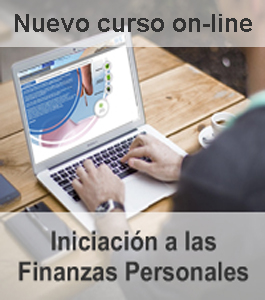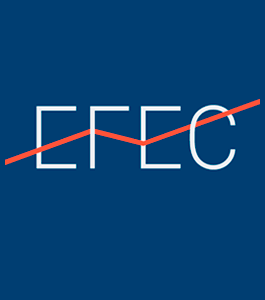In today’s world of Internet banking, smartphone shopping apps and web-based access to investment accounts, it’s easy to forget that billions of people around the world — including many millions in our own country — lag far behind when it comes to accessing even the most rudimentary financial management tools.
Indeed, according to the World Bank’s Global Findex Database:
- Approximately 2.5 billion adults worldwide don’t have a formal banking account.
- In developing economies, only 41 percent of adults have bank accounts (compared to nearly 90 percent in high-income countries).
- In developing countries, the wealthiest 20 percent are more than twice as likely to have an account as the lowest 20 percent.
- There’s a gender inequality as well: 46 percent of men in poorer countries have a formal account, while only 37 percent of women do.
These statistics helped form the backdrop for two panel discussions at the eighth annual Financial Literacy Summit hosted by the Federal Reserve Bank of Chicago and my employer, Visa Inc. Renowned U.S. and international financial experts led lively discussions around the theme, “Providing Financial Literacy Resources to the Unbanked and Underbanked.” Approximately 1,500 participants in 50 countries attended or watched the live online telecast.
Central to the discussions was the underlying question: “Is financial education important for a segment of the population that is largely excluded from formal financial services?” According to Keynote Speaker Bill Sheedy, EVP, Corporate Strategy, M&A and Government Relations, Visa, and the other panelists, the answer is an unqualified “yes.”
Providing these adults with useful, scalable and accessible financial services is just one piece of the puzzle. They need to know how to use these products wisely and have the skills and confidence to manage their money soundly. The only way we can be successful in bringing these 2.5 billion people into the economic mainstream is to provide them with financial education long before they ever acquire account numbers.
Lee el artículo completo en The Huff Post: Providing Financial Literacy to the Unbanked.


